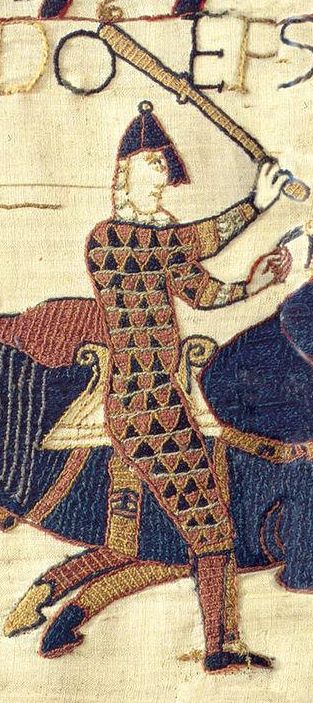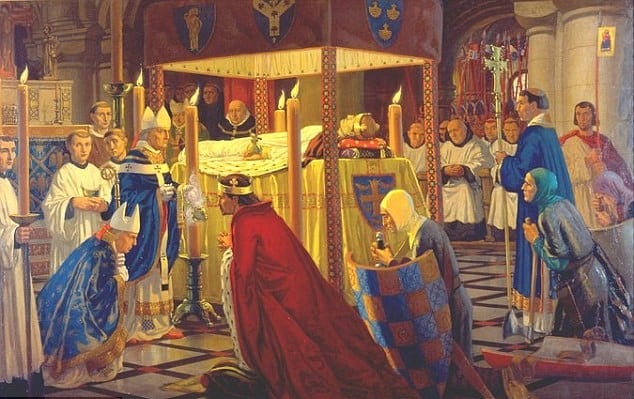
Through the lives and events depicted in Deaths, Disasters and Destinies another life story has been told, woven into this history, inseparable and integral. All the people depicted here, in one way or another, appear in the great tapestry of the reign of Henry 1st.
Henry, youngest son of William the Conqueror, is one of the least well known monarchs of our history; an overlooked king, unfairly neglected, especially when you bear in mind the length of his reign. Thirty-five years on the throne is a remarkable achievement at any period of history but in the uncertain, precarious early Middle Ages it is almost astounding. Yet, Henry is an unknown, we don’t learn about him, he does not appear on the curriculum, he is absent from the national memory; no-one makes TV series about his reign and almost no non-specialist would be able to name a single prominent person from it. In the 1962 Raleigh Lecture on English History, R.W. Southern puts it like this:
“No English king in a reign of comparable length has left so faint an imprint on the popular imagination or even on the minds of students of history as Henry 1st.”
Nothing has changed since 1962 in this respect. Henry 1st is still absent from the popular version of royal history and from the cultural imagination. Such neglect is really quite puzzling. Hence this book. It is, in some small way, an attempt to draw attention to the injustice of that situation. Without making undue claims, what happened in his reign is not only remarkable but there is a greater abundance and variety of documents for this reign than for any previous period and the story they tell is the essential one of beginnings. In fact the origins of some of the most important English institutions, as well as modes and customs of English life, date from this reign. It is a period charged with significant departures, notable innovations and striking personalities.
In his lecture, RW Southern goes on to list an impressive catalogue of the achievements of the reign of Henry 1st:
“It is the first, and one of the greatest ages of historical scholarship […] we have the beginnings of the only purely English religious order; the beginnings of the University of Oxford; the earliest English scholastic writers;the rebirth of English science after a long decline. We have our first Charter of Liberties, which became the immediate inspiration of Magna Carta; the first foreign treaty in our history […] the first victory of footsoldiers over mounted knights, foreshadowing the victories of Crecy and Agincourt. We have the first treatise on English law; the first royal financial accounts; the first documents of manorial administration. For the first time it is possible to grasp in some detail the complexity of English government and society.”

These are quite remarkable claims made several decades ago by a prominent historian of the period, yet still there is a massive vacuity in the national memory about King Henry 1st and his thirty-five years on the throne of England. Although his reign began in the bloodshed of his brother and ended in the darkening prospect of civil war as relatives fought for the crown, it was remarkably peaceful. England was largely cleared of warring factions and the clash of war lords. Battles were fought in Normandy but these were usually small affairs numbering a few thousand men on each side and of limited duration. Henry 1st deserves some credit for this. In an age of warriors dominated by a war-like ethos and a predisposition to eliminate enemies on the battlefield, Henry’s long reign stands out as one of peace and prosperity. Few would claim him as a great king, but his long and steady reign laid down the roots of an increasingly civilised nation.